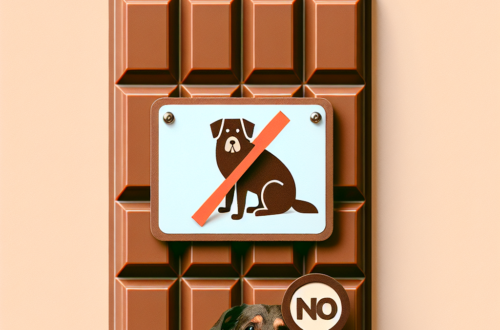Have you noticed your dog dragging its bottom across the floor? This behavior, known as scooting, can be a sign of various underlying health issues. While it may seem amusing at first, it’s important to investigate the root cause of this behavior to ensure your furry friend’s well-being. Here are some common reasons why your dog might be scooting and what you can do to help.
1. Anal gland issues
One of the most common reasons for scooting in dogs is anal gland problems. These small sacs are located on either side of the dog’s anus and are responsible for secreting a foul-smelling substance. When the glands become impacted or infected, they can cause discomfort and itching, leading to scooting behavior. If you suspect anal gland issues, it’s best to consult with your veterinarian for proper care and expression of the glands.
2. Parasites
Another common cause of scooting in dogs is the presence of parasites, such as worms or fleas. These pesky critters can irritate your dog’s bottom, causing them to scoot in an attempt to relieve the itching. Regular parasite prevention and treatment are crucial to keeping your dog healthy and free from discomfort.
3. Allergies
Allergies to food or environmental factors can also lead to scooting in dogs. If your dog is constantly scratching, licking, or scooting, it may be a sign of an allergic reaction. Common allergens include certain ingredients in their diet, pollen, dust mites, or mold. Consult with your vet to determine the underlying cause of your dog’s allergies and develop a treatment plan.
4. Skin irritation
Skin conditions, such as dermatitis or hot spots, can cause itching and discomfort in dogs, leading to scooting behavior. If you notice redness, swelling, or hair loss on your dog’s skin, it’s important to seek medical attention to identify and treat the underlying skin issue.
5. Anal fissures or tumors
In some cases, scooting can be a sign of more serious health concerns, such as anal fissures or tumors. These conditions can cause pain and discomfort for your dog, leading to scooting as a way to alleviate the symptoms. If you suspect a more serious issue, it’s crucial to consult with your veterinarian for a proper diagnosis and treatment plan.
6. Behavior issues
Occasionally, scooting in dogs can be a behavioral issue rather than a medical one. Some dogs may scoot out of habit or as a way to seek attention from their owners. In these cases, training and positive reinforcement can help discourage the behavior and redirect your dog’s focus onto more appropriate activities.
7. Obesity
Obesity can also contribute to scooting in dogs, as excess weight can put pressure on the anal glands and lead to discomfort. Maintaining a healthy weight through proper diet and exercise can help alleviate the symptoms of scooting and improve your dog’s overall well-being.
8. Infections
Bacterial or yeast infections in the anal area can cause itching and irritation, leading to scooting behavior in dogs. If you notice a foul odor, discharge, or redness around your dog’s anus, it may indicate an infection that requires veterinary attention and treatment.
9. Hygiene issues
Poor hygiene can also contribute to scooting in dogs. A dirty or matted fur around the anus can trap fecal matter and bacteria, leading to discomfort and itching. Regular grooming and cleaning of your dog’s bottom can help prevent hygiene-related scooting and maintain their overall health.
10. Neurological disorders
In rare cases, scooting can be a symptom of underlying neurological disorders, such as spinal cord injuries or nerve damage. If your dog is experiencing other neurological symptoms, such as weakness or balance issues, it’s important to seek immediate veterinary attention for a thorough evaluation and diagnosis.
Conclusion
Scooting in dogs can be a distressing behavior for both pet owners and their furry companions. Understanding the potential causes of scooting and seeking appropriate veterinary care can help address the underlying issues and provide relief for your dog. Whether it’s anal gland problems, parasites, allergies, or more serious health concerns, prompt attention and treatment are essential to ensure your dog’s comfort and well-being.
By staying vigilant and proactive in monitoring your dog’s behavior and seeking professional guidance when needed, you can help your furry friend stay happy, healthy, and free from the discomfort of scooting.






